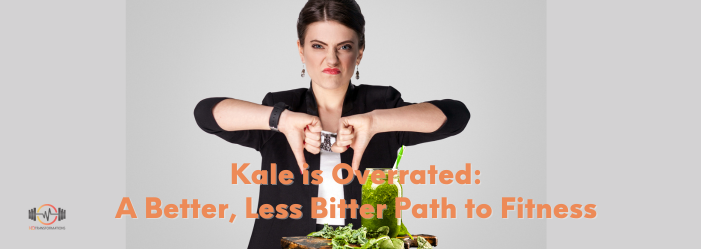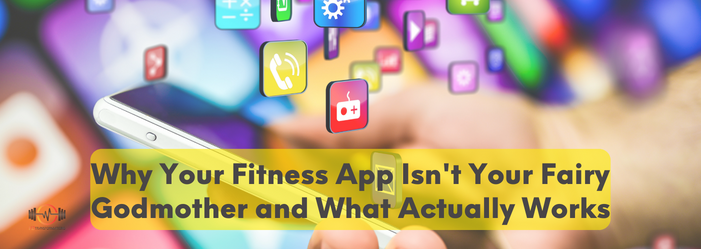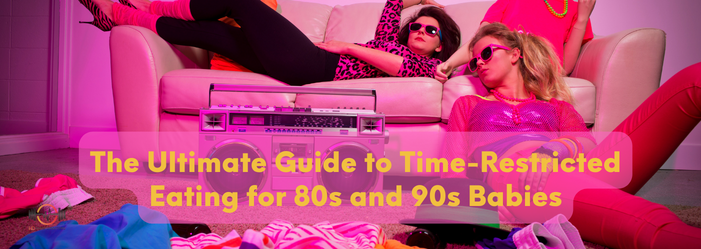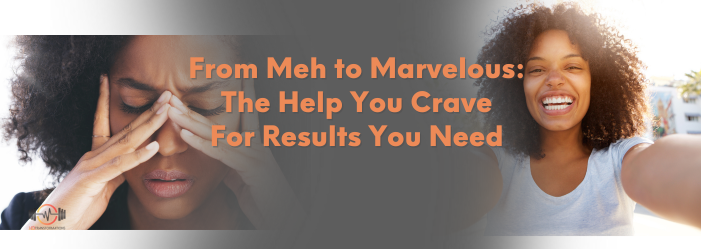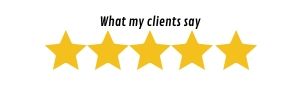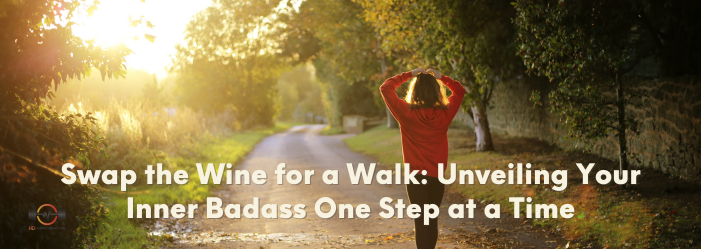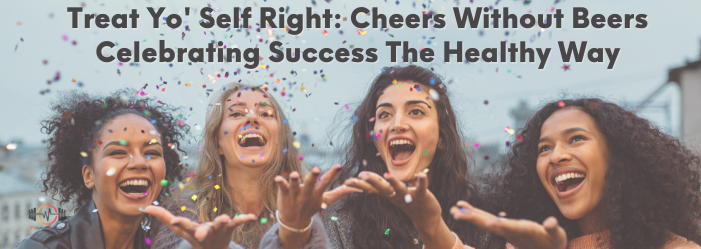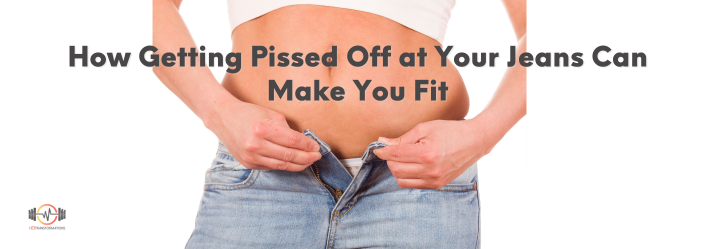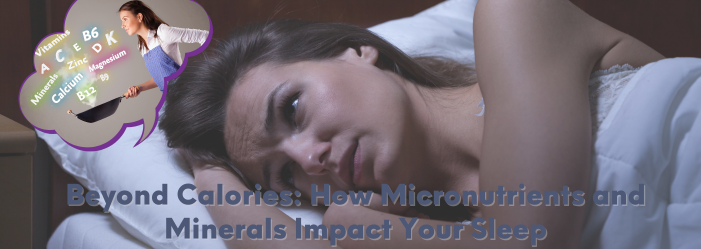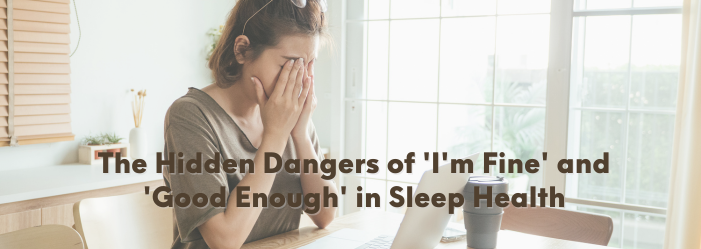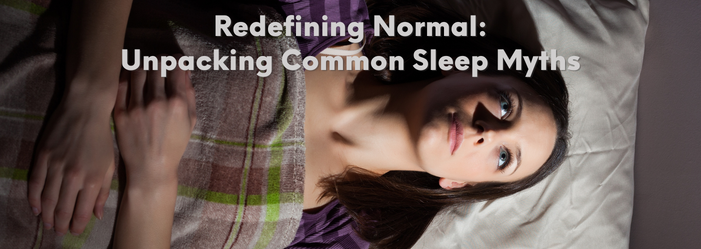This is a subtitle for your new post

Updated 7/7/2021
The saying goes, "You are what you eat, so eat something sweet." And honesly, who doesn't love a treat? You're crazy (and might be in denial) if you say that you don't like sweet things. The problem has become too much of a good thing - sugar has become a villain within our food system. So since sugar addiction is real, how do you spot it and what do you do about it?
First, take a breath and have some grace with yourself. Know that sugar is intentionally added in almost everything (especially here in the US) and it's everywhere. It shows up on food labels under all sorts of names like malt, cane, sweetener, maltodextrin, dextran, ethyl maltol, fruit juice concentrate, agave nectar, honey, and different syrups including high fructose corn syrup. A product label may show an average of four different types of sugar within one product! [R] Yikes!
Sugar addiction: how to spot it and what to do about it -
You've known since you were young that "junk food" isn't good for you, but no one ever told us why. Sure, maybe they said if you ate too many chips or too much chocolate, it could make your acne worse and you wouldn't fit in the cute clothes. But really, was that enough to discourage us as teens from binging on candy and soda.
Now that you're an adult, you're realizing that they may have been right.
That whole weight gain thing is real, and on top of it, now you're feeling frustrated and hopeless. Exercise isn't cutting it, your waistline is still growing. You're not fitting into clothes that you once did and you feel so tired.
You might even consider yourself a relatively healthy eater. So is sugar really the issue?
Why do I have a sugar addiction?
First - a little history lesson:
" In 510 BC the Emperor Darius of what was then Persia invaded India where he found "the reed which gives honey without bees".
[After finding this awesome stuff, they did what all good men of power do, they turned it into cash!]
Sugar was only discovered by western Europeans as a result of the Crusades in the 11th Century AD. Crusaders returning home talked of this "new spice" and how pleasant it was. The first sugar was recorded in England in 1099. In the 15th century AD, European sugar was refined in Venice.
Columbus sailed to the Americas, the "New World" and it is recorded that in 1493 he took sugar cane plants to grow in the Caribbean. The climate there was so advantageous for the growth of the cane that an industry was quickly established. By 1750 there were 120 sugar refineries operating in Britain.
Sugar was called "white gold" and governments recognized the vast profits to be made from sugar and taxed it highly. [More men in power doing their thing] The sugar beet was first identified as a source of sugar in 1747. By 1880 sugar beet had replaced sugar cane as the main source of sugar on continental Europe. [Today's worldwide], annual consumption [of sugar] is now running at about 120 million tons and is expanding at a rate of about 2 million tons per year." http://www.sucrose.com/lhist.html
So essentially, humans tasted it, thought it was awesome and now it's in everything!
- Bread
- Dairy
- Meat
- Medicine
- Fruit (even though it came with its own sugar, we add extra for good measure)
The only place you can safely assume there is no added sugar is VEGGIES. That is unless they're canned or processed.
After we eat sugar, we get a hit of dopamine. Dopamine is the happy hormone. It makes us feel awesome.
What else releases dopamine? Cocaine, heroin, you know the good stuff.
Our brain doesn't know right or wrong, it knows only energy and lack thereof. So if you're feeling down, anxious or stressed, and you eat some sugar, you are suddenly flooded with endorphins that make you feel full of energy and happy. After a few episodes of this, your brain begins to link depressed with a lack of sugar. Sad person, add sugar... BOOM, we're happy and all is well. The addiction starts.
People who struggle with moodiness, anxiety, or stress are much more likely to develop an addiction to sugar because of this cycle.
How do you know if you have a sugar addiction?
It goes back to the dopamine and our body's biological desire to feel good. If you are wondering if you fall into the category of sugar addict, here are some quick things you can do to check yourself:
- You have a secret stash of sugar (hint, if you are squirreling away candy the way an alcoholic hides bottles around the house, you might have a problem)
- You find you need more and more sugar to be satisfied (you are building up a tolerance and need more to activate the dopamine trigger)
- You eat sugar when you aren't hungry (remember, food is supposed to fuel our bodies)
- You crave salt (this signals your body isn't getting the nutrition it needs! Watch out for this one my chocolate covered pretzel fiends)
- You use sugar as a coping tool for emotions (chocolate is a delicious cure for a bad day, right?)
- You feel guilt or shame around your sugar habit
- You've tried to quit sugar in the past but experience actual withdrawal symptoms
- You know how incredibly bad sugar is for you, but you continue to binge out on it anyway
What are the negative effects of a sugar addiction?
This goes way beyond the acne and not fitting into the designer jeans your parents warned you about.
Alzheimer's, obesity, heart disease, diabetes...cancer. They've all been linked to overconsumption of processed sugar.
Sugar isn't only linked to your physical health, but your mental emotional health as well. Turning to sugar to cope with emotional struggle leads to a mental connection in your brain between sugar and feeling happy. Anxiety and stress cause a spike in cortisol, which is a hormone that, among other things, tells your body to store fat, raise blood pressure, and inhibits memory. Eating sugar causes a rise in serotonin, a happy hormone, or cortisol's opposite.
Your brain then makes this link, high stress ➡eat sugar➡feel happy.
The only problem is that sugar is a quick fix. Its effects are short-lived and cause a big crash, which spikes cortisol yet again. Thus creating a cycle and an addiction. If you want to read more about the effects our hormones can have on our health you can read this article.
How do I stop my addiction to sugar?
So what to do? Quit cold turkey?
No, I don't recommend that, as you'll experience symptoms of withdrawal, not unlike a drug addict or alcoholic experience. Headaches, irritability, and other physical discomforts are just some of the sugar addiction symptoms. It's best to begin to replace synthetic sugar with natural sugar (fruits) and eliminate the processed sugars and sugar substitutes from your diet. This is easier said than done because sugar and its cousins are everywhere. I promise, though, it will be worth it because changing this one thing will have a ripple effect on so many aspects of your well-being.
- Start reading labels, the back of the container, not the front. Educate yourself on what is actually in your food.
- Eat whole foods, as close to the source as possible. If it walked, ran, swam, flew or grew from the ground, eat it. (Pringles can't walk...just sayin'). You can find some of my favorite recipes here.
- Be mindful of your thoughts and feelings. If you find yourself binging on anything, there's a deeper problem and if you don't address it, nothing will stop your binging.
- The sugar doesn't make you binge, the feelings you're not facing do.
- The sugar just rewards you for bad behavior.
- Watch for red flags like cravings and overeating. Stop in that very moment and ask yourself how you're feeling and why. Are you tired? Thirsty? Stressed (why)? Then find a way to address the feelings, no matter how uncomfortable, instead of masking them.
Sugar is a fun treat, it's not a crutch or a band-aide. Consume it wisely!
The truth is, you're in charge.
You love to go out for a soda.
You always have a treat while you unwind.
You enjoy baking with your family on the weekends.
You always celebrate a win with a treat.
You are also frustrated with the stubborn fat that you can't seem to shed.
You feel tired and achy, uncomfortable in your own skin.
Sugar can be a great treat, but it can also be the gateway to misery. Take the steps to curb the cravings and when that's not enough, reach out for support. My program,
Self Care for Female Leaders, will help you to not only curb the cravings, it'll help you to take the power back over your body. You can have
amazing results like my client who not only loves the way she looks, she now loves the way she feels in terms of energy and happiness. You'll command control of your eating and begin to fuel your body for that healthy, incredible life you seek!
